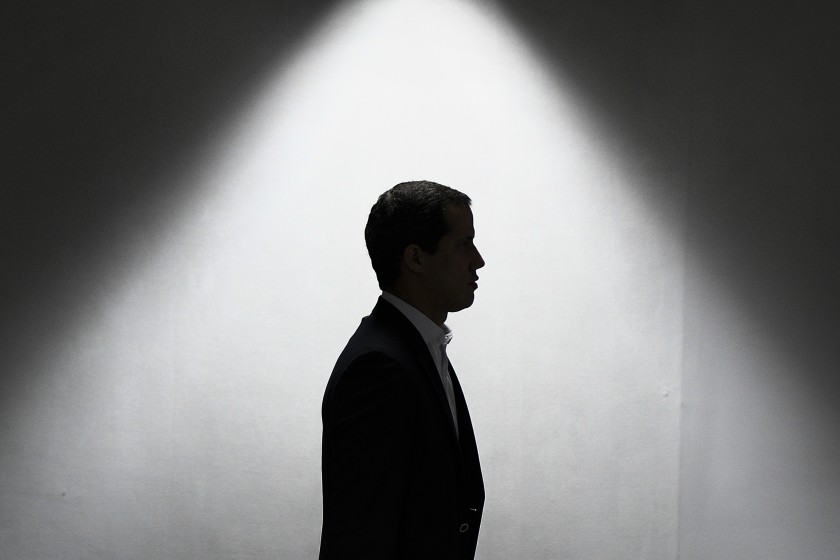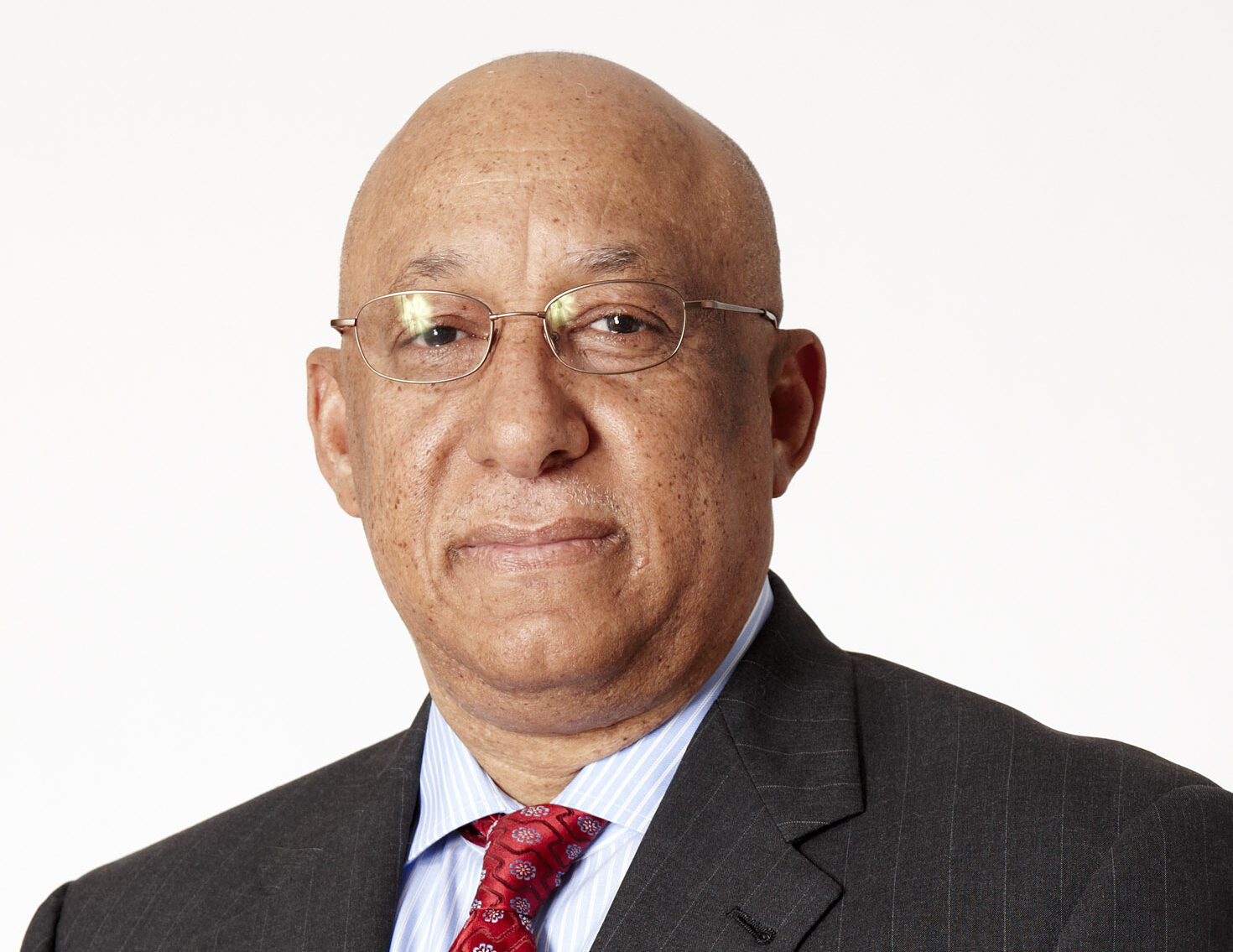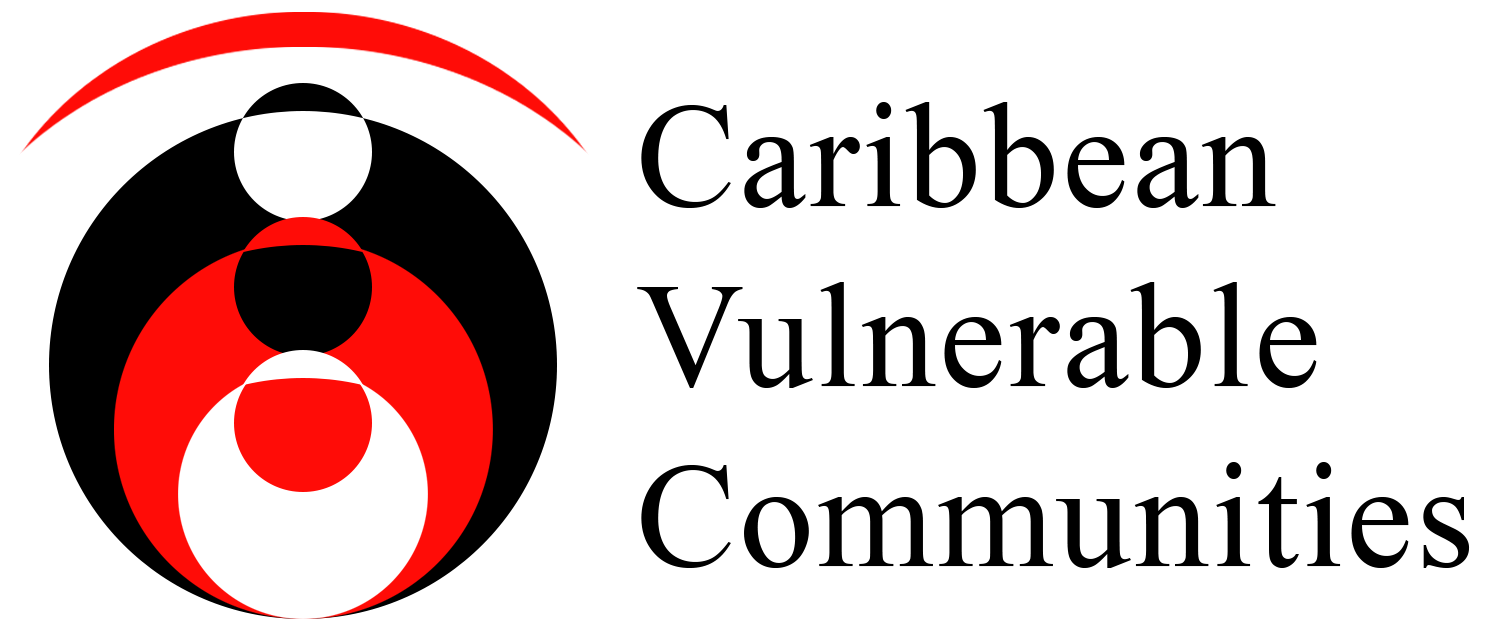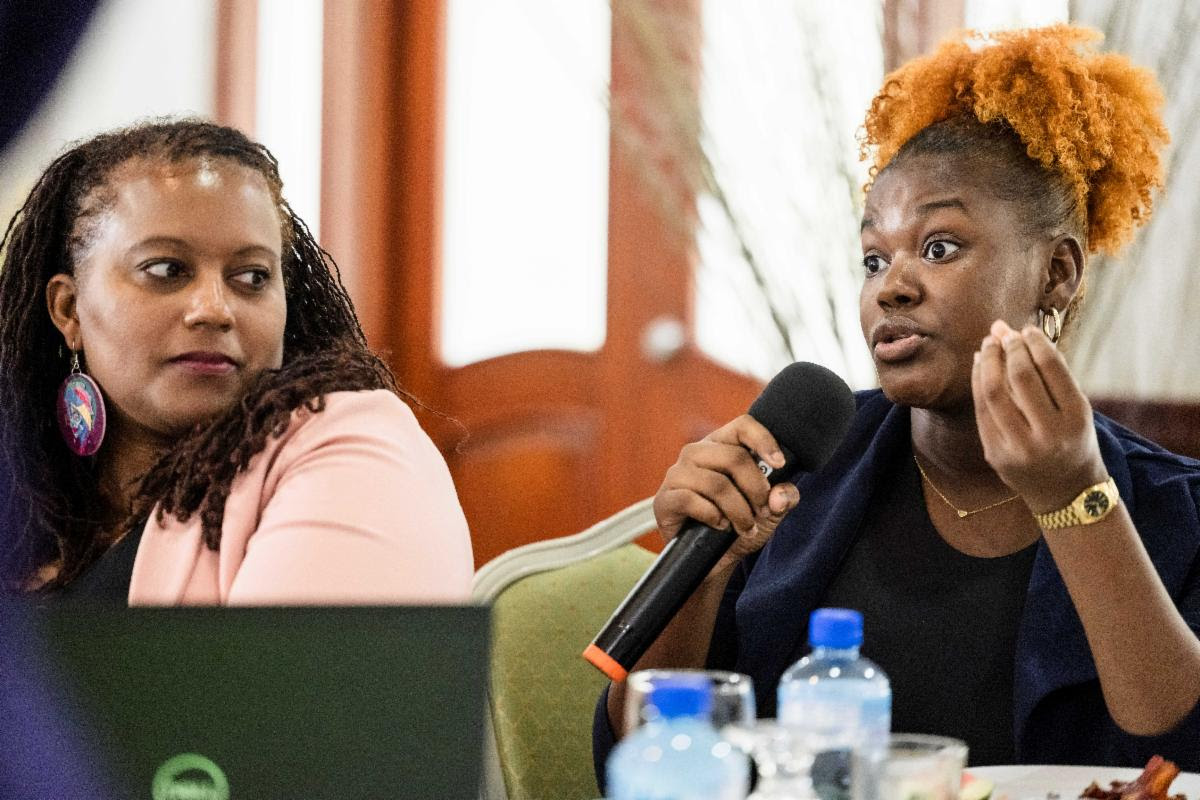Venezuelan opposition leader Juan Guaido was violently blocked Sunday by security forces from attending a special session of congress where rivals tried to install a substitute in what Guaido’s allies condemned as a hijacking of the country’s last democratic institution.
As a scuffle broke out with national guardsmen in riot gear, the U.S.-backed leader tried unsuccessfully to mount an iron fence to enter the building where the opposition-controlled National Assembly was set to elect its leader for the final year of its 2015-2020 period.
Inside the neo-classical legislature, the situation was similarly rowdy, as a rival slate headed by lawmaker Luis Parra tried to swear themselves in as legislative leaders with the support of socialist deputies loyal to President Nicolas Maduro.
Without a quorum, there was no vote for Parra. Guaido’s allies, who enjoy a comfortable majority in the 167-seat assembly, immediately denounced the impromptu session as invalid. Parra is one of a small handful of lawmakers who recently broke with Guaido and have since been expelled from their parties for alleged involvement in a corruption scandal involving allies of Maduro.
“This is nothing more than another blow to our constitution,” said Guaido, whose blue suit was ripped during the scuffles.
Still, state TV — a mouthpiece for Maduro — celebrated the initiative, raising the possibility of a deeper impasse and rival claims to the legislature’s leadership in the days ahead, just as Guaido a year ago asserted that he was Venezuela’s interim president following Maduro’s re-election in a vote marred by irregularities.
Guaido faced a major test in uniting the opposition and articulating a new vision Sunday in his year-long campaign to remove Maduro. But his re-election for a second straight year as head of congress — the source of his legitimacy in the eyes of more than 50 countries that recognize him as Venezuela’s rightful leader – had been widely expected.
The weeks leading up to Sunday’s vote were marked by tension, with the opposition denouncing a covert government campaign to intimidate and bribe lawmakers into voting against Guaido.
On Sunday, police officers wearing anti-riot helmets and flanked by metal barricades initially blocked several lawmakers from reaching the legislature in downtown Caracas.
Amid bouts of shoving and political sloganeering, security forces demanded that each lawmaker present their credentials, arguing they were under orders to deny entry to several lawmakers banned from carrying out their duties by the loyalist supreme court.
“Is your family in Venezuela?” Guaido asked the young police officers, who stood firmly in nervous silence.
“Today you’re complicit with the dictatorship, you’re complicit with those who are responsible for the hunger inside Venezuela,” he added. He was eventually allowed though the police line, but was then blocked from entering the legislature.
Support for Guaido inside the opposition has taken a hit after several minority parties in November splintered off to create a separate bloc to negotiate directly with Maduro — something that Guaido has refused, arguing that talks are simply a time-buying exercise aimed at keeping Maduro in power.
The small group of opposition lawmakers who broke with Guaido argue that in stubbornly sticking to his plan of removing Maduro, he has put his political ambitions above the needs of Venezuelans who have largely tuned out from the political fight while enduring an economy in shambles and under stiff U.S. sanctions.
“In 2019 you represented the hopes of the nation, but today you’re its biggest deception,” said Jose Brito, one of a handful of lawmakers who have turned against Guaido amid accusations they used their position to enrich themselves and do the bidding of Maduro.
Guaido faces a bigger challenge articulating a fresh vision for removing Maduro.
“The big question for this year is whether Guaido will be able to use his waning political strength to guide his coalition through such a rocky period,” said Geoff Ramsey, a researcher at the Washington Office on Latin America. “Opposition unity is already fraying at the edges, and the armed forces appear less likely than ever to abandon Maduro.”
Guaido declared presidential powers over Venezuela on Jan. 23, 2019, saying Maduro’s reelection was illegitimate because the most popular opposition parties and political leaders had been disqualified from running.
Venezuela sits atop vast oil and mineral resources, but it has been imploding economically and socially in recent years. Critics blame the plunge on years of failed socialist rule and corruption, while Maduro’s allies say U.S. sanctions are taking a toll on the economy. The South American nation’s 30 million people suffer soaring inflation and shortages of gasoline, running water and electricity, among basic services.
An estimated 4.5 million Venezuelans have abandoned their nation in an exodus rivaling war-torn Syria.
Maduro, who took over after the 2013 death of former President Hugo Chavez, says Guaido is a puppet of the United States. Maduro also says he’s determined to win control of the National Assembly in elections later this year.
“Despite perversions of the imperialist United States against Venezuela during 2019, we’ve managed to hold onto our independence, peace and stability,” Maduro tweeted.
The two men remain locked in a power struggle. However, Maduro maintains military backing and control over most branches of the government, despite the deepening crisis and hard-hitting financial sanctions from the United States.
Ramsey said this is an important moment for Venezuela’s opposition.
“Guaido will have to not only re-energize his base and convince them to stay engaged, but keep his coalition in line as well,” he said. “And the clock is ticking.”




